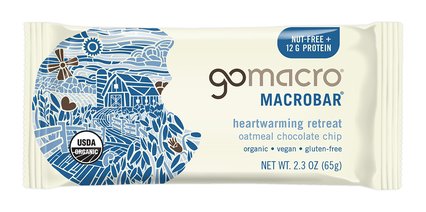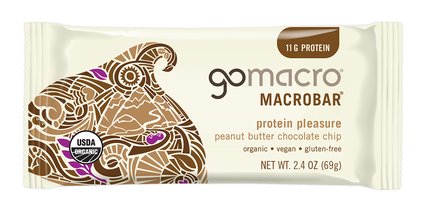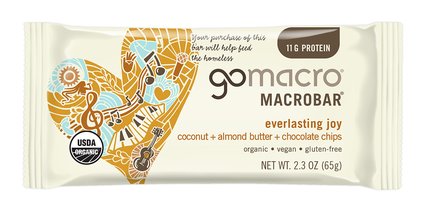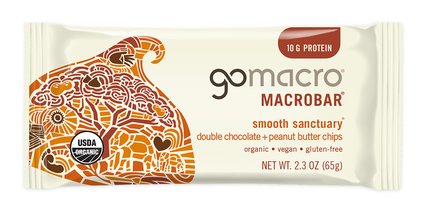What’s the Skinny? Why is Sugar Bad for You?
Learn the not-so-sweet consequences of sugar and discover healthier alternatives
Let’s face it: people like sugar. Some argue that, as a society, we like it too much, given its link to some less than desirable health effects, including obesity, diabetes, and tooth decay. In fact, a report released by the American Heart Association (AHA) in 2009 recommends that people limit the intake of refined sugars. And that recommendation hasn't changed. Let's learn more about why sugar is bad for you and some better sugar alternatives.
Rachel K. Johnson, PhD, a professor of nutrition at the University of Vermont and contributor to the report, says that eating too much sugar can create two main problems. “It either adds calories to your diet or it displaces other nutritious foods. Most Americans could benefit from reducing the amount of added sugars in their diet,” she says. Indeed, the report notes that Americans consume an average of 22 teaspoons of sugar each day, equaling approximately 355 calories.
Many health-conscious people have already abandoned the most notable culprits, including white sugar, aspartame and high fructose corn syrup. Still, there are many other forms of refined sugar being packaged in your favorite food products, whether you recognize them by name or not. What’s more, sugar alcohols—known to affect blood sugar (glucose) levels and potentially cause bloating—are increasingly being used in place of table sugar, often in combination with high-intensity artificial sweeteners.
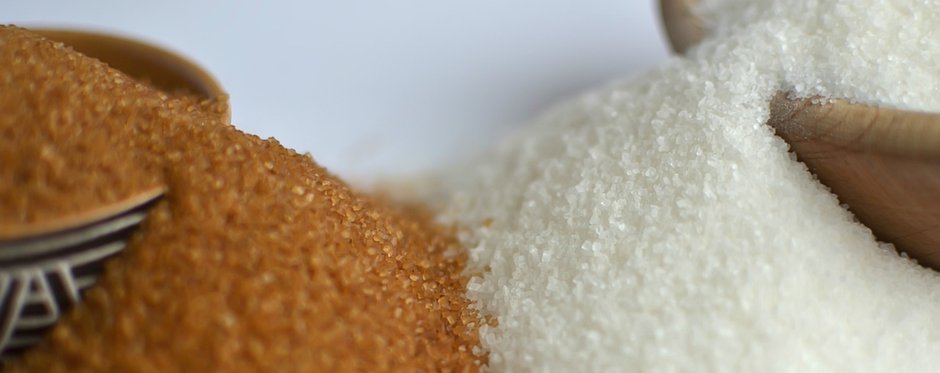
Types of Sugar and Sugar Alternatives
- Agave Syrup has a lower glycemic index than white sugar and because it's much sweeter than table sugars, a minimal amount will do the trick. Raw, organic agave can be a tasty addition to tea, coffee and baked goods. But agave is indeed a refined sugar, so unfortunately it ends up being similar to high fructose corn syrup in spiking your blood sugar.
- Beet sugar is made from the tuber of the sugar beet. Sugar beets have a high sucrose content, so nutritionally the end product is quite similar to refined white sugar even though it is less refined than white sugar.
- Brown Rice Syrup is easily digestible and digests slowly, making it ideal for energy before, during and after exercise. It's 100% fructose free and is said to retain B vitamins and minerals from the brown rice. Brown rice syrup is known to contain arsenic so having knowledge about a clean source is key. The safest choice is one labeled "infant-safe" brown rice syrup; meaning low to no arsenic.
- Coconut Sugar is a low glycemic alternative that can be added in liquid (nectar) or solid (sugar) form. It is particularly useful in baked items such, as cookies, cakes and muffins, while providing a steady stream of energy. It's a light brown color with a warm scent of toasted coconut.
- Honey has been used since ancient times for its healing properties and antioxidants. Containing trace amounts of vitamins, minerals, enzymes, amino acids and even a prebiotic, you'd think honey is a healthy alternative to table sugar, but honey still breaks down to glucose and fructose in the body.
- Molasses is the least processed of sugar cane sweeteners and is a nice source of calcium, magnesium, potassium and iron. Derived from “mel,” the Latin word for “honey,” molasses has a sweet, sometimes nutty taste that makes it a useful food additive.
- Sorghum syrup, or sweet sorghum, is made from juice extracted from sorghum cane plants, grown in the Southeastern United States. With a taste similar to molasses, it is used in baked goods, as well as a topping on pancakes, biscuits and even ice cream. Sorghum syrup contains some minerals and B vitamins.
- Stevia is an increasingly popular sweetener and sugar substitute produced from the leaves of the stevia plant. Though much sweeter than table sugar, it is non-caloric, plant-based and has a negligible effect on blood sugar levels.
At GoMacro, our sweetener of choice is organic, infant-safe brown rice syrup, which contains no fructose but retains some valuable vitamins and minerals. Our infant-safe brown rice syrup goes through a specialized refining process to reduce arsenic levels, further increasing the goodness—and taste—of each GoMacro MacroBar.
Resources:
www.webmd.com/diet/news/20090824/heart-group-limit-added-sugars-diet www.webmd.com/diet/features/the-truth-about-agave www.diabetes.org/food-and-fitness/food/what-can-i-eat/understanding-carbohydrates/types-of-carbohydrates.html www.huffingtonpost.com/jj-virgin/honey-healthier-sweetener_b_5697780.html www.en.wikipedia.org/wiki/Sugar_alcohol www.en.wikipedia.org/wiki/Brown_rice_syrup www.en.wikipedia.org/wiki/Molasses www.en.wikipedia.org/wiki/Sweet_sorghum www.en.wikipedia.org/wiki/Stevia
